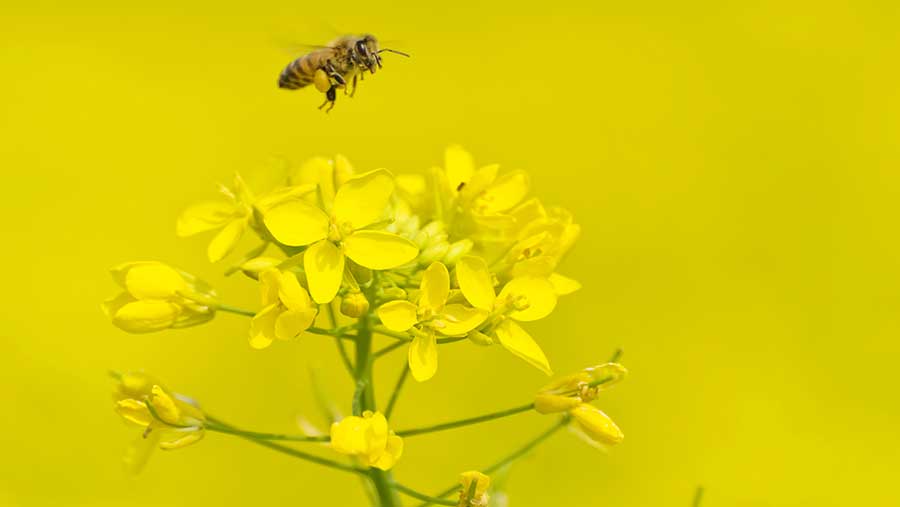Total ban on neonics would devastate crop production, warns Copa
 © Lawrence Lu/imageBROKER/REX/Shutterstock
© Lawrence Lu/imageBROKER/REX/Shutterstock
EU farm leaders have warned that a total ban on neonicotinoid seed treatments would have a “devastating impact” on crop production.
After a three-year moratorium on three types of neonicotinoid pesticides for use on flowering crops, the European Commission (EC) is considering an extension of the ban to cover all crops.
Environmentalists are lobbying the commission to introduce a complete ban on neonics to protect bees and other pollinators.
See also: MEPs block Conservative bid to stop total ban on neonics
EU farmers’ association Copa-Cogeca held a meeting in Brussels on Tuesday (27 June), involving the Polish Federation of Agricultural Producers (FBZPR), hosted by Polish MEP Czeslaw Siekierski.
Delegates debated the impact of a total ban and considered how the EU could balance productivity and competitiveness alongside environmental protection.
Marian Sikora, from FBZPR, told the event: “The commission’s proposal for a near blanket ban on neonicotinoids would make producing crops such as sugar beet, potatoes, cereals as well as fruits and vegetables simply unviable with no evidence of added benefit to the health of bees.
“We call on the EC to enact policies that balance sustainable agriculture production with environmental protection.”
Drop in oilseeds area
Max Schulman, chairman of the Copa-Cogeca cereals working party, highlighted a study by Copa using data from six countries which showed the ban on neonicotinoid seed treatments had seen a 10% drop in the oilseeds area since 2013 – and a rise in farmers’ costs and a cut in their incomes as no alternative products exist.
“Farmers have to use more spray on their fields to limit the impact of insect attacks,” he said.
“Overall, the increased production costs would force farmers to change their cropping systems. A [total] ban would also contradict the development of precision farming which looks for targeted action at the right time.”
Wrapping up, Graeme Taylor, director of public affairs at the European Crop Protection Agency, warned: “A near blanket ban on neonicotinoid would be devastating not just for European farmers, food security and the viability of the agriculture sector, but also for the environment and biodiversity, while doing nothing to improve bee health in Europe.
“Crops certainly need bees, but bees also need crops.”
Bees groups embrace new partnership
Beekeepers, scientists, policymakers and other relevant parties are to set up a European bee partnership that could transform the way bee health is assessed in the EU.
The pledge was the main outcome of a major scientific meeting held in Brussels this week entitled Towards a European bee partnership.
The main focus was on how to improve the collection and sharing of data on bees, to strengthen collaboration and enable a more robust assessment of bee health in the EU.
More than 120 delegates from scientific organisations, EU bodies, researchers, beekeeper and farmers’ groups, and non-governmental organisations, were present.
EU food safety watchdog, the European Food Safety Authority, co-hosted the meeting with the farmers’ association Copa-Cogeca, the European Professional Beekeepers Association, Bee Life (European Beekeeping Co-ordination) and the European Crop Protection Association.
